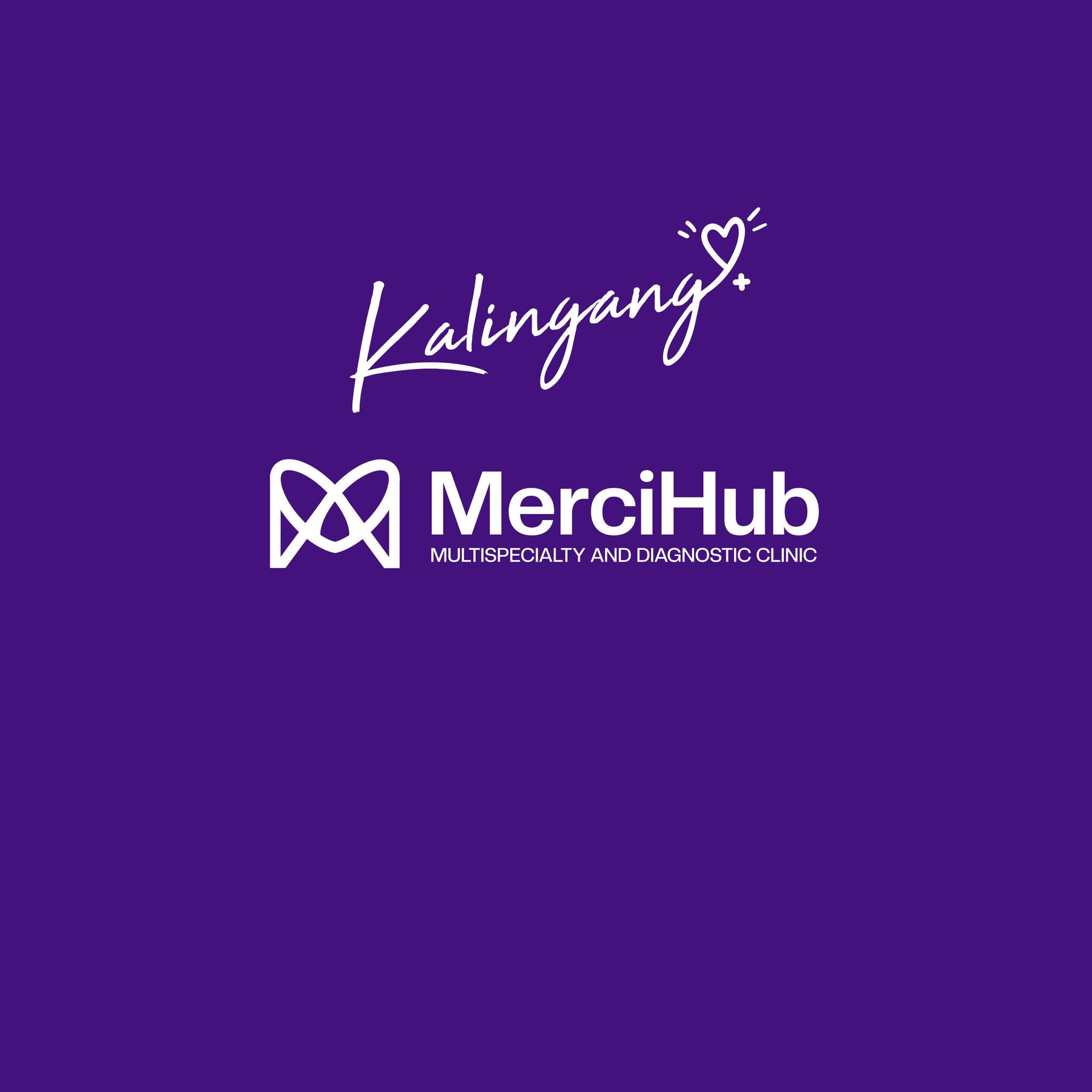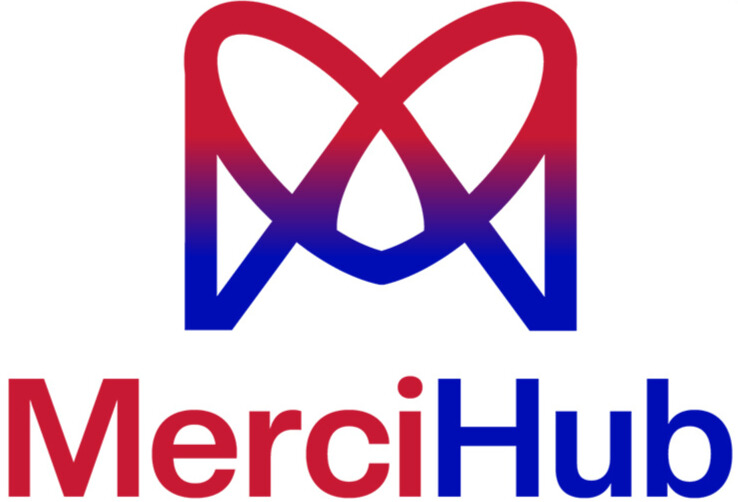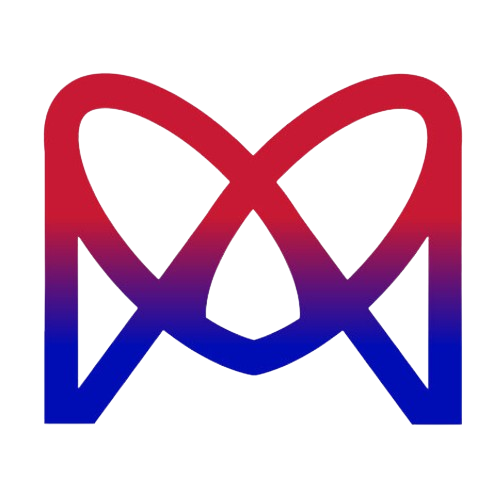
As we delve deeper into the 21st century, the healthcare sector is witnessing a unique fusion of age-old traditional medicine practices with cutting-edge technology. This blend not only honors ancient wisdom but also amplifies its benefits through modern scientific methods. Let's explore how this convergence is shaping the future of healthcare.
The concepts of Asia’s traditional medicines might sound alien to Western ears, but some of them are starting to evolve to fit scientific investigation.
– Peng Tian
1. The Renaissance of Traditional Medicine
Traditional medicine, with its roots in natural remedies and holistic approaches, is experiencing a renaissance. Technologies such as AI and data analytics are being used to validate and improve the efficacy of herbal treatments and acupuncture, making these ancient practices more accessible and effective than ever before.
2. Digital Platforms for Holistic Wellness
Digital health platforms are increasingly incorporating traditional medicine philosophies, offering holistic wellness apps that guide users in meditation, yoga, and traditional dietary practices. These platforms provide personalized wellness plans, combining the best of traditional wisdom and modern healthcare practices.


3. Telemedicine: Expanding Access to Traditional Practitioners
Telemedicine is not just for modern medical consultations; it’s also making traditional medicine practitioners more accessible to patients worldwide. Virtual consultations allow for the sharing of traditional health wisdom, from Ayurveda to Traditional Chinese Medicine, bridging geographical divides.
4. The Role of Wearables in Traditional Wellness Practices
Wearable technology is being tailored to support traditional wellness practices. Devices now track not just steps and heart rates but also stress levels, sleep patterns, and energy flows, offering insights and recommendations based on traditional medicine principles.
- Tags:
- Health News





